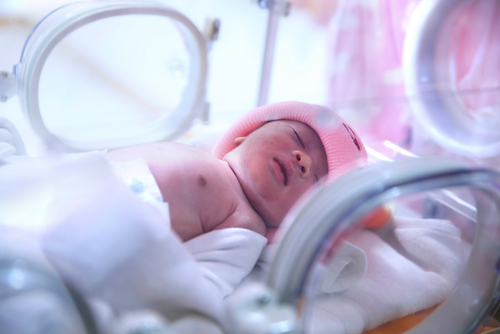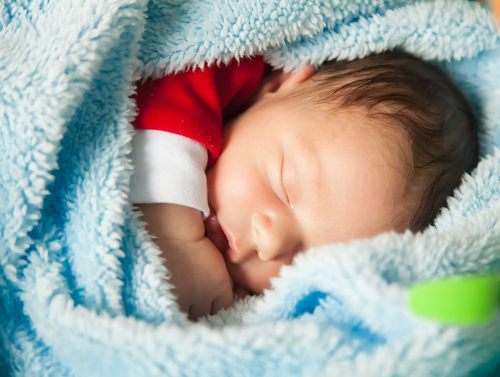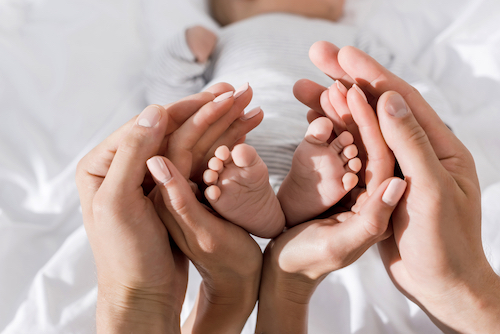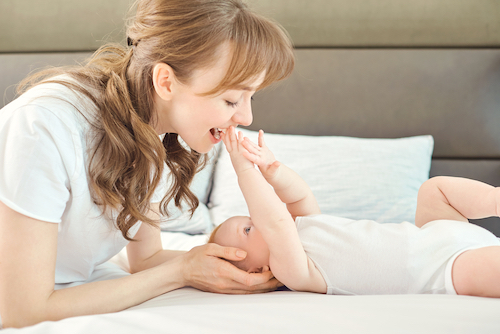If you are an expat who is living and working in Slovakia and you become pregnant, what are your best choices for pre and post natal care, and delivery? To an extent, this will depend on whether you are registered with one of the health insurance providers that are linked to the Slovakian public healthcare service, or whether you have a private healthcare plan that includes maternity cover.
How to decide on a birth plan
A birth plan is a list of what you would like to have happen in labor and beyond, written so that your doctor know what your wishes and expectations might be. Options to consider include:
• where do you want to give birth?
• who do you want to have with you (e.g. your partner)?
• what kind of birth do you want (e.g. vaginal birth or a Caesarian)
• do you need any birthing aids?
• do you want pain relief, and if so, what kind?
• what kind of birthing environment would you prefer?
Make sure you discuss your birthing needs with your gynecologist or midwife. Alternative birthing methods are not always possible in Slovakia, although a few clinics offer water birth facilities. Home births are not commonplace, but the Women’s Circles groups are campaigning to change this: speak to your midwife to discuss your choices.
Slovakian maternity care
Public healthcare in Slovakia lags behind the European general standard, and many expats choose to take out private cover for their healthcare needs. Costs have been quoted at around €650 for labor and care in the private sector.

However, it is perhaps worth noting that a report in 2017, produced by Population Action International, ranked maternity care in the UK as being of a lower standard than that in Slovakia, so you may want to take this into account should you choose to have your baby in the public healthcare system.
Moreover, Slovakia has been taking steps to improve its maternity care. Nearly 200 health workers from maternity and neonatal hospitals throughout the country have been trained to understand and develop skills in applying WHO recommendations with regard to breast feeding, for instance.
If you find that you are pregnant, you will need to contact your GP, who will then enroll you for a series of medical checks (such as blood tests and ultrasounds), and who will set you on the path to giving birth within the Slovakian public hospital system.
Koch Gynaecology and Obstetrics Hospital (GPN) tops the 2018 ranking of the best maternity clinics compiled by the Health Policy Institute (HPI), followed by the Hospital with Polyclinic Spišská Nová Ves, the Faculty Hospital in Trenčín, and the University Hospital in Martin.

Check with your hospital to see if your partner is allowed to attend the birth, and note that women in Slovakia tend to be kept in hospital for a comparatively long time after the birth (5-7 days).
There is a Mommy Abroad group in Bratislava, who will be able to give you advice and support throughout your pregnancy and beyond, and who run support groups for new expat mothers.
In Slovakia, maternity leave (materské) for pregnancy and childcare is well established and has lasted for over a 6 month period for several decades. A mother who has contributed for at least 270 days to the health insurance system in the two years preceding the birth, is entitled to receive maternity benefit and is entitled to a maternity leave lasting 34 weeks.
If a mother is a single parent, she is entitled to a maternity leave of 37 weeks.
If a woman gives birth to two or more children at the same time, she is entitled to a longer maternity leave of 43 weeks.

The beginning of the maternity leave is set by the attending doctor, but it is usually 6 weeks before the expected date of the birth (8 weeks prior to the childbirth at the earliest).
Men are also entitled to a paternity leave of the same length from the date of birth of the child.
Maternity benefit is up to 75% of daily salary and depends on the mother having been insured for at least 270 days within a 2 year period prior to the confinement.
This benefit is conditional on the parent being responsible for the proper childcare of at least one child up to 3 years of age (or up to 6, in the case of a child with long-term poor health). The amount of the allowance has been increasing gradually, from €136 per month in 2008 to €203.20 in 2014, which is the current amount.

Parental leave is given to a parent on a full-time basis and can also be used in blocks of at least one month (until the child reaches 8 years of age). A person on parental leave has their contributions for social insurance and old-age pension paid by the state. The period of parental leave and the amount can be shared by the parents.
Difficulties have been reported by mothers returning to work in Slovakia, who do not always find that their job has been held open for them, but this will depend on whether you are working for a Slovakian or an international company.
The doctor present at the birth will notify the Registry Office, who will then issue a birth certificate. You will need to alert the Alien Police Department in order to obtain a residence permit for your newborn child.
Will the baby be a Slovakian citizen?
Your baby will not be a Slovakian citizen unless one or both of the parents have Slovakian nationality. However, adults who have resided in Slovakia on a continuous permanent basis for at least three years before the age of 18 can be granted citizenship, so if you are planning on raising your child in the country, they may eventually be eligible for citizenship.
Would you like to share your experience of life abroad with other readers? Answer the questions here to be featured in an interview!

